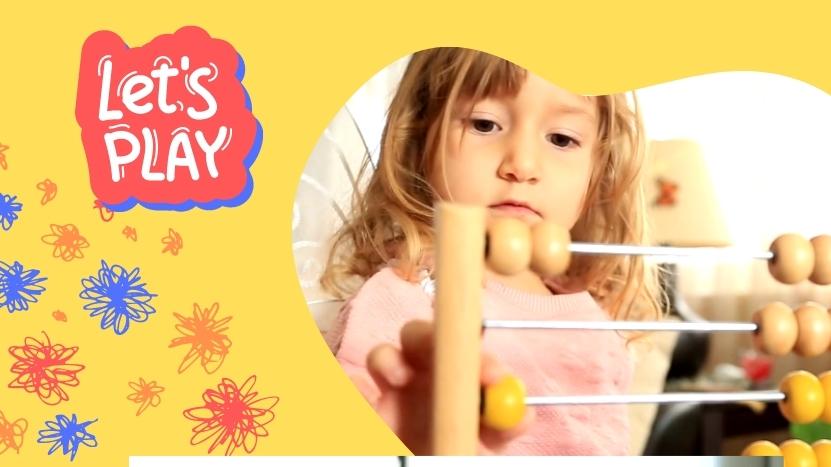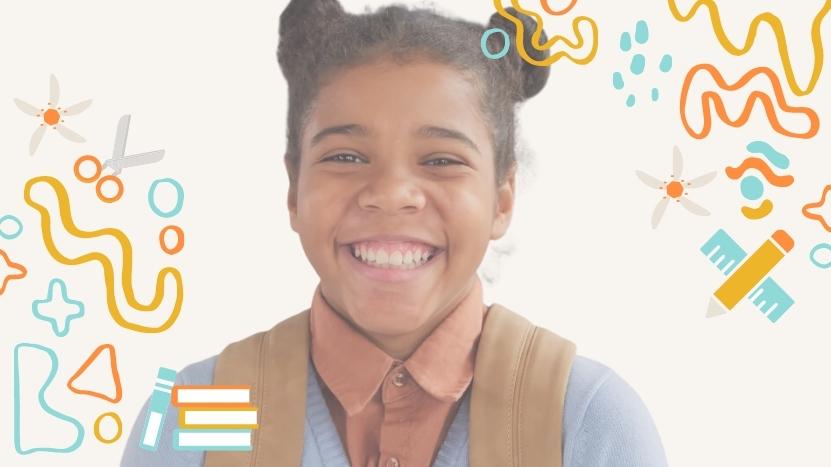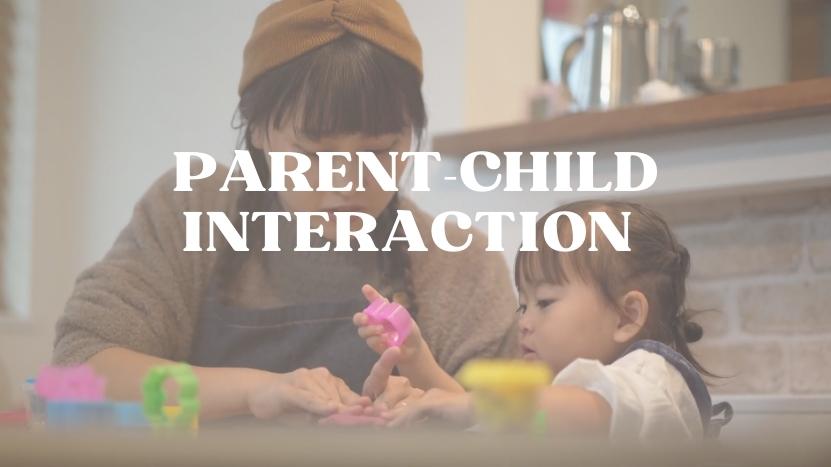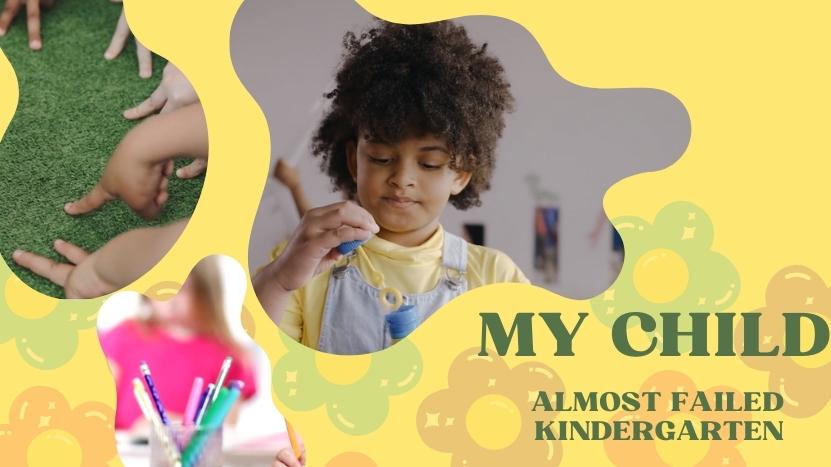This is part of the Learning Through Play series. While it’s not specifically about play, I think it’s an important story to tell. Watching your child play, and seeing how he plays, can be critical to future academic success.
My bright, bubbly daughter almost failed kindergarten. I felt as though I had two children in one – the little girl I interacted with every day and the one who struggled beyond all reasoning when books, pencils, and paper were placed in front of her. My daughter’s kindergarten year was very difficult. We survived through diligence – hers and mine, constant assessment and readjustments to the curriculum and assignments we were using, and tears and frustration on more days than I care to remember.
The Signs I Missed

And it could have been avoided if I had paid attention. I should have watched her play more closely. She was content to play alone, and she played with her sister. But there was no imaginative play, and everything went according to some script she had in her mind. If another child deviated from the script (even though they didn’t know that there was one), she had a meltdown. She wandered the periphery of the playground, not playing with others because they wouldn’t do what she wanted them to do the way she wanted them to do it.
Under extreme stress, she would line up objects or spin in our living room. She refused to wear anything but dresses or skirts and chewed the erasers of pencils until she had bitten through the metal. She chewed the sleeves of her long-sleeved shirts until they were soaking wet. We had difficulty understanding some words because of the way she articulated certain letter combinations. She couldn’t make eye contact for more than a few seconds at a time. It was right in front of me, and I missed it all.
The Struggle with Numbers, Letters, Shapes, and Colors
I did see that she showed no interest in numbers, letters, shapes, or colors (except the color pink), that she had quirky ways of expressing herself and misused certain words and phrases, but I was assured by the professionals I asked that she probably just wasn’t ready yet and I shouldn’t worry too much.
I accepted these answers because, as a good mother, I knew I shouldn’t compare my children to one another. I knew that my other child hadn’t done any of these things and had been interested in learning letters, numbers, shapes, colors, and longer before kindergarten, but I also knew that children develop at different rates. So I waited.
It wasn’t until kindergarten when she was obviously failing miserably, that I began to demand answers to the questions I asked. I was no longer willing to accept that she might be “not ready yet.” I consulted with learning disability specialists, speech pathologists, occupational therapists, and neuropsychologists.
She went through testing and evaluations galore, and we finally had answers. She wasn’t just “not ready.” She had developmental delays and learning challenges that required specific, targeted interventions to help her compensate for or overcome them.
Progress and Growth

And she is. My daughter is now in the fourth grade. She isn’t failing school but is making slow and steady progress toward her goals. She is able to interact and play with other children more easily. She maintains eye contact pretty well with people with whom she’s familiar and comfortable. She speaks clearly enough that we can understand the words she says, although she retains some quirky turns of phrases and has difficulty with descriptions.
She wears pants now and doesn’t chew her clothes up, although the occasional pencil still falls prey to her sensory needs. She still enjoys playing alone, but when she plays with others she doesn’t isolate them as much as she used to. She is still bright and bubbly and a delight to have around.
Advice for Other Parents

The good news is that you don’t have to go through the same thing we did. Use great resources like Play is a Child’s Work! and the Kindergarten Readiness Indicator Checklist from the Better Beginnings Resource Library. Spend time interacting with and observing your child closely, and take any questions or concerns you have to a trusted professional. Early intervention is key. Trust your instincts about your child.

